Since cryptocurrencies are digital, they are susceptible to theft by hacking. Cryptocurrency exchanges, where you buy and sell cryptocurrencies, are also vulnerable to hacking. In January 2018, hackers stole $500 million worth of cryptocurrencies from Coincheck, a Japanese cryptocurrency exchange. You can also get more info by reading this article and by doing research for keeping your currency safe.
To protect your cryptocurrencies from theft:
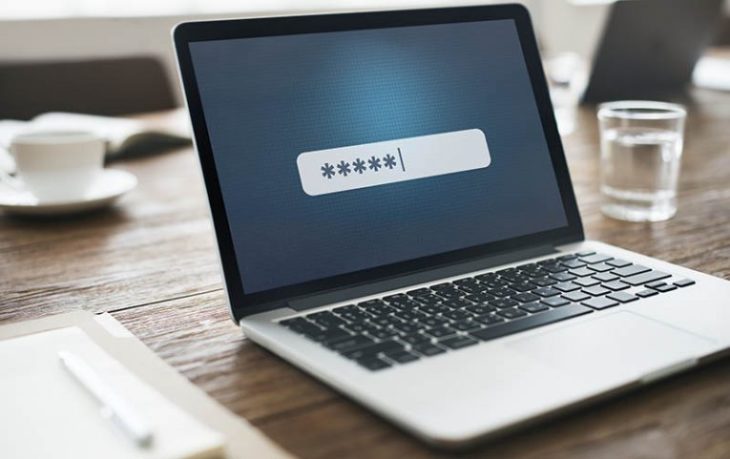
Source: Cyclonis.com
Contents
- 1. Use a strong password for your cryptocurrency wallet
- 2. Keep your cryptocurrency wallet software up-to-date
- 3. Use two-factor authentication for your cryptocurrency exchanges
- 4. Store your cryptocurrencies in a secure location
- 5. Never share your cryptocurrency wallet password or private key with anyone
- 6. Be aware of fake cryptocurrency websites and scams
- Multiple Options for Digital Wallets
- On-platform storage
- Noncustodial wallets
1. Use a strong password for your cryptocurrency wallet
Just as you would protect your physical wallet with a strong password, you should do the same for your cryptocurrency wallet. If someone gets access to your wallet, they could steal your coins! So be sure to create a strong password and keep it safe.
2. Keep your cryptocurrency wallet software up-to-date
Imagine if you had a bank account, but you never bothered to update it with your latest financial information. Eventually, the bank would realize that there was something wrong and freeze your account. The same thing can happen with cryptocurrency wallets if they are not kept up to date.
They require regular updates in order to stay synchronized with the blockchain. If a wallet falls behind on its updates, it can become desynchronized and lose access to funds. In some cases, it may even be possible for someone else to take control of the wallet if it is not properly updated.
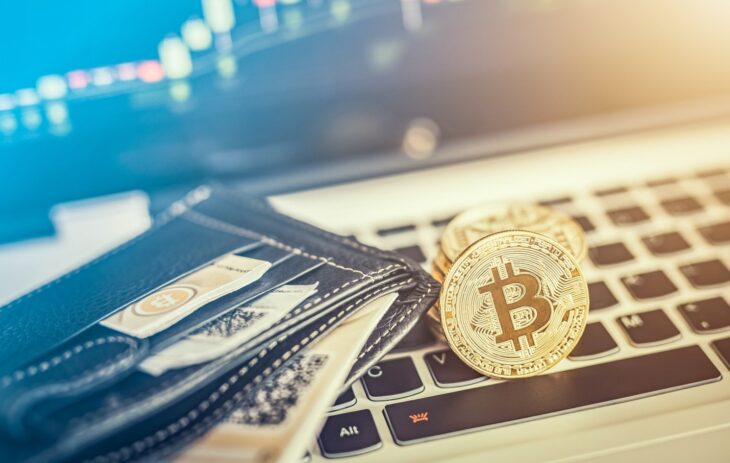
Source: CryptoNewsReview.com
3. Use two-factor authentication for your cryptocurrency exchanges
Security issues often permeate the cryptocurrency marketplace, including attacks on online wallets and email accounts from cyber hackers.
To protect yourself and your investment, it’s important to take security seriously and enable two-factor authentication (2FA) on your account.
Two-factor authentication is an additional layer of security that requires not only a password and username, but also something that the user has on them, such as a fingerprint, voice recognition, or in this case, an extra code.
When 2FA is enabled on an account, even if someone were to know your password they would still need access to your phone or email in order to log in. This makes it much harder for hackers to gain access to your accounts.
4. Store your cryptocurrencies in a secure location
Cryptocurrencies are valuable assets and should be stored in a secure location. If you store them on an exchange, the exchange could get hacked and your currencies could be stolen. If you store them on your computer, someone could hack your computer and steal them.
If you store them in a paper wallet, someone could steal them or the paper wallet could get damaged or lost. The best way to store them is in a hardware wallet. That type is a physical device that stores your cryptocurrencies offline.
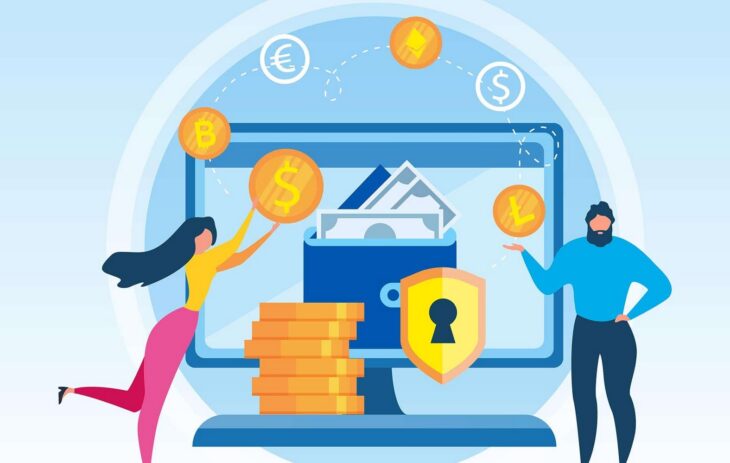
Source: WittySparks.com
It can create risk when you share your private key with anyone. So it’s better to keep it private.
6. Be aware of fake cryptocurrency websites and scams
For this purpose first, you should do some proper research or should consult with a financial advisor.
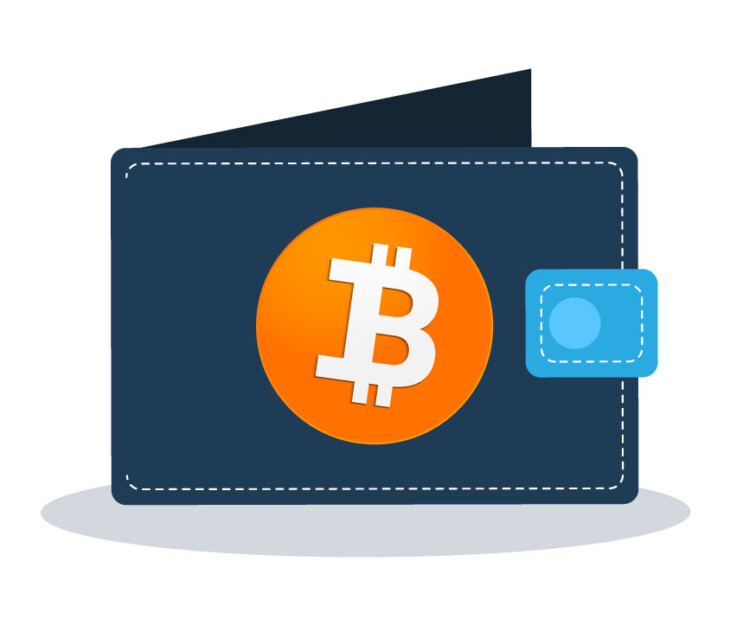
Source: blog.bitnovo.com
Multiple Options for Digital Wallets
A digital wallet is a software program that stores your cryptocurrency. You can use a digital wallet to store, send, and receive cryptocurrencies. There are different types of digital wallets, including web-based, desktop, mobile wallets, and hardware wallets.
Cryptocurrency exchanges offer web-based wallets for their users. Coinbase, one of the largest exchanges, offers a web-based wallet called Coinbase. Desktop wallets are downloaded and installed on your computer. Exodus is an example of that type, that supports multiple cryptocurrencies. Mobile wallets are apps that you can download on your smartphone. Mycelium is a popular mobile wallet for Bitcoin. Ledger Nano S and Trezor are two popular hardware wallets.
When choosing a digital wallet, it is important to consider the security features offered by the wallet. Some of them offer two-factor authentication, which requires you to provide a second form of identification, such as a code sent to your phone, in order to log in. Other wallets offer encrypted backups or password protection. It is also important to make sure that the is compatible with the cryptocurrencies you want to store.
If you are looking for a free and open-source, Bitcoin Core is a good option. Bitcoin Core is a desktop wallet that supports Bitcoin and Bitcoin Cash. It is available for Windows, Mac, and Linux computers.
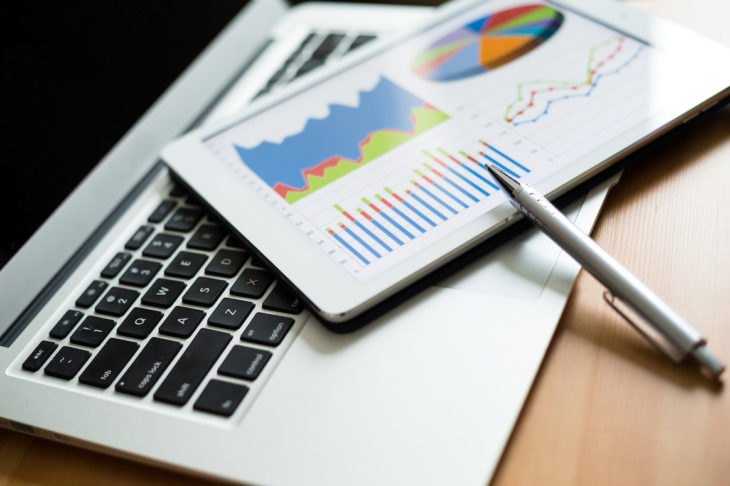
Source: NerdWallet.com
On-platform storage
Another way to secure your cryptocurrencies is to store them on an exchange or in a digital wallet offered by the exchange. Many exchanges offer on-platform storage for their users. On-platform storage means that your cryptocurrencies are stored on the exchange’s servers. This can be convenient because you can access your cryptocurrencies from any computer that has internet access. However, on-platform storage is also risky because exchanges are targets for hackers. In January 2018, Coincheck, a Japanese cryptocurrency exchange, was hacked and $500 million worth of cryptocurrencies were stolen.
If you choose to store your currencies on an exchange, make sure that you use a strong password and two-factor authentication. Also, be sure to research the exchange before you deposit any money. Exchanges that have been around for a while and have a good reputation are less likely to be hacked than exchanges that are new and have not been tested.
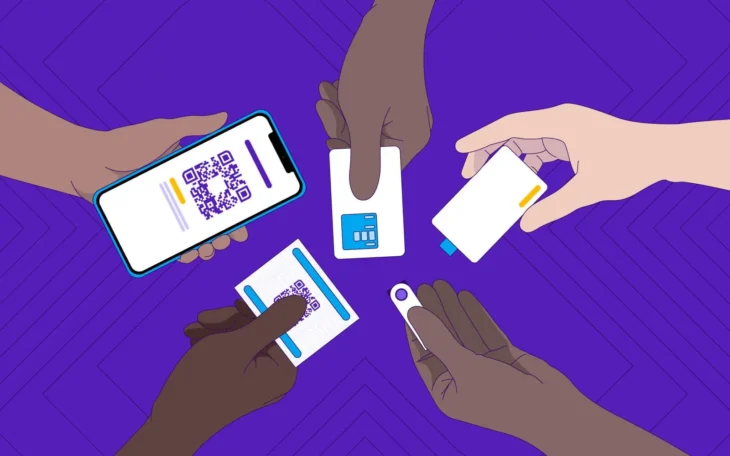
Source: paxful.com
Noncustodial wallets
A noncustodial wallet is a digital type of storage in which you are the only person with access to your private keys. This means that you are responsible for storing, backing up, and protecting your private keys. Noncustodial wallets give you more control over your cryptocurrencies, but they also come with more responsibility.
There are many different types of noncustodial wallets, including web-based, desktop, mobile and hardware wallets. Some popular noncustodial wallets include Electrum, Jaxx Liberty, and Mycelium.
When choosing a noncustodial wallet, it is important to consider the security features offered by the wallet. Some of them offer two-factor authentication, which requires you to provide a second form of identification, such as a code sent to your phone, in order to log in. Other offer encrypted backups or password protection.
It is also important to make sure that it is compatible with the cryptocurrencies you want to store.
If you are looking for a noncustodial wallet that supports multiple currencies, Jaxx Liberty is a good option. Jaxx Liberty is a mobile wallet that supports Bitcoin, Ethereum, Litecoin, and Dash. It is available for Android and iOS devices.
